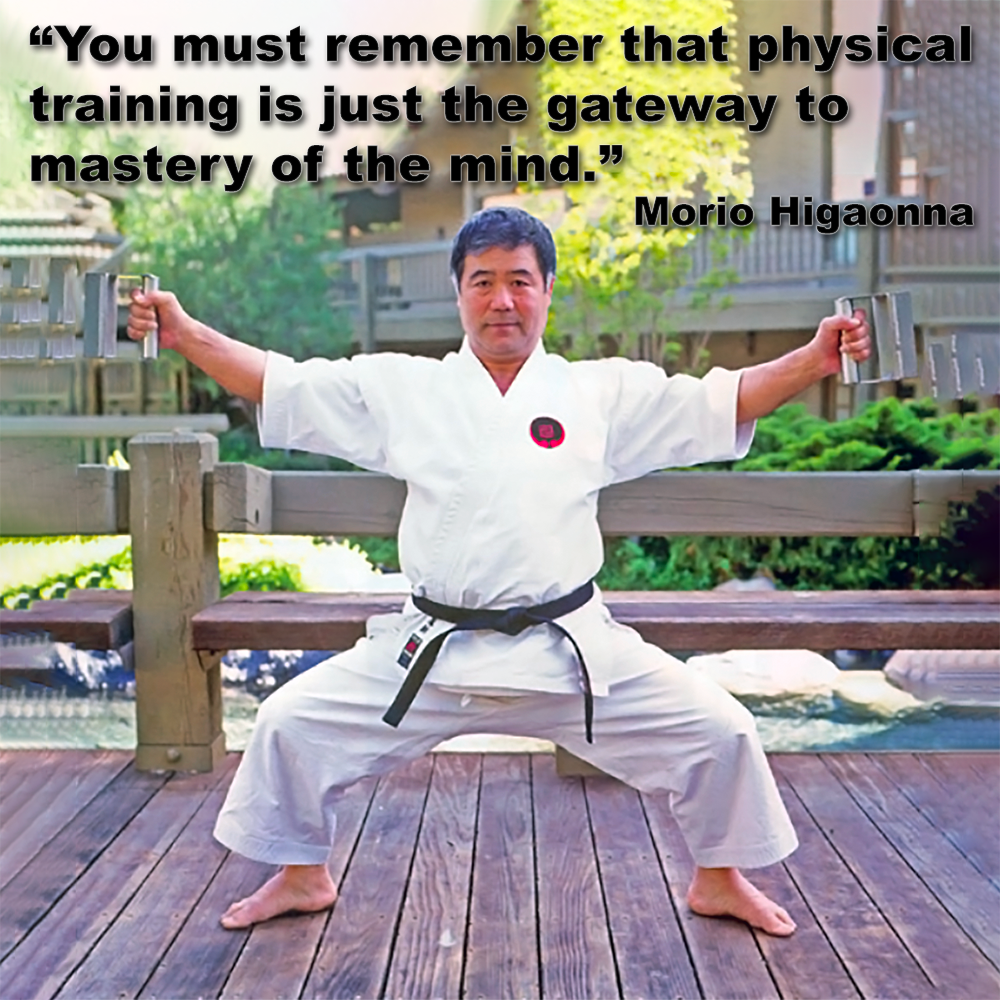
Every day we are confronted with unexpected challenges. Either we accept these challenges and meet them head-on, or resist them, wishing they would just go away. Yet challenges are woven into the fabric of our lives. They are the tests we all have to face daily.
.
Stepping onto the tatami for the first time, a student encounters a familiar truth: the martial path is paved with bruises, calloused knuckles and aching muscles.
.
Every strike, kick, drill and kata presents an obstacle, testing balance, coordination, and spirit. Yet, within these challenges lies a powerful lesson encapsulated by the quote written by Stephen Covey: “Success is when you realize obstacles you face are challenges to help you become better – and your response equals the challenge.”
.
This principle forms the beating heart of karate, transforming struggle into growth, frustration into fuel, and ultimately, into the forging of a stronger, more resilient self.
.
From the very first uncoordinated ‘kiai’ that echoes off the dojo walls, students encounter obstacles.
.
Stances that fire muscles in unfamiliar ways, coordinating intricate kata sequences that twist the mind in knots, facing partners whose skills push you to the edge – these are but a few hurdles on the path. Yet, within them lies the potential for immense progress.
.
Each awkward movement reveals a technical glitch to fix, each stumble exposes a muscle group needing attention, and each defeat illuminates a new skill to acquire.
.
The true path lies not in avoiding these obstacles, but in embracing them, each mistake becoming a lesson, each struggle a stepping stone.
.
But simply acknowledging the value of obstacles is not enough. Your response plays a crucial role.
.
Meeting challenges with apathy or resignation leads to stagnation, while succumbing to frustration invites defeat.
.
To become a karateka your spirit demands proactive engagement. It means turning up when things are difficult, dissecting each error, analyzing each loss, and formulating a response that rises to the occasion.
.
It means refining technique with relentless practice, pushing beyond the burn of fatigue, turning frustration into the fuel for focused improvement.
.
The obstacles presented by the martial arts extend beyond the physical. The inner struggle against fear, doubt, and the temptation to quit is often the most formidable opponent.
.
This is where the mental discipline fostered through countless repetitions and grueling conditioning comes into play. Practitioners learn to channel the mind, silencing negativity and channeling it into unwavering determination. Each conquered fear, each moment of perseverance, becomes a victory not just over the technique, but over the self, building unshakeable confidence and mental fortitude.
.
It is a journey where success should not be measured by trophies or belts, but by the unwavering commitment to rise to every challenge, to meet each obstacle with a response that not only equals the task, but surpasses it, leaving in its wake a stronger, more resilient person.
.
This, in essence, is the true spirit of the karateka. It is the spirit that drives you to push past limitations, to find strength in struggle, and to emerge from every obstacle not just unscathed, but honed, ready to face the next challenge with a refined skill and an unyielding spirit.
.
“You must remember that physical training is just the gateway to mastery of the mind. That’s why you must strive to achieve true humility through training. If you don’t, it’s difficult if not impossible to rise above the purely physical because your mind is forever clouded by thoughts of material things, pride and scorn for others, and similar negative feelings.” – Morio Higaonna Goju-Ryu
.
.
Photo Credit & Higaonna quote courtesy of Dragon Associates.
.
.
